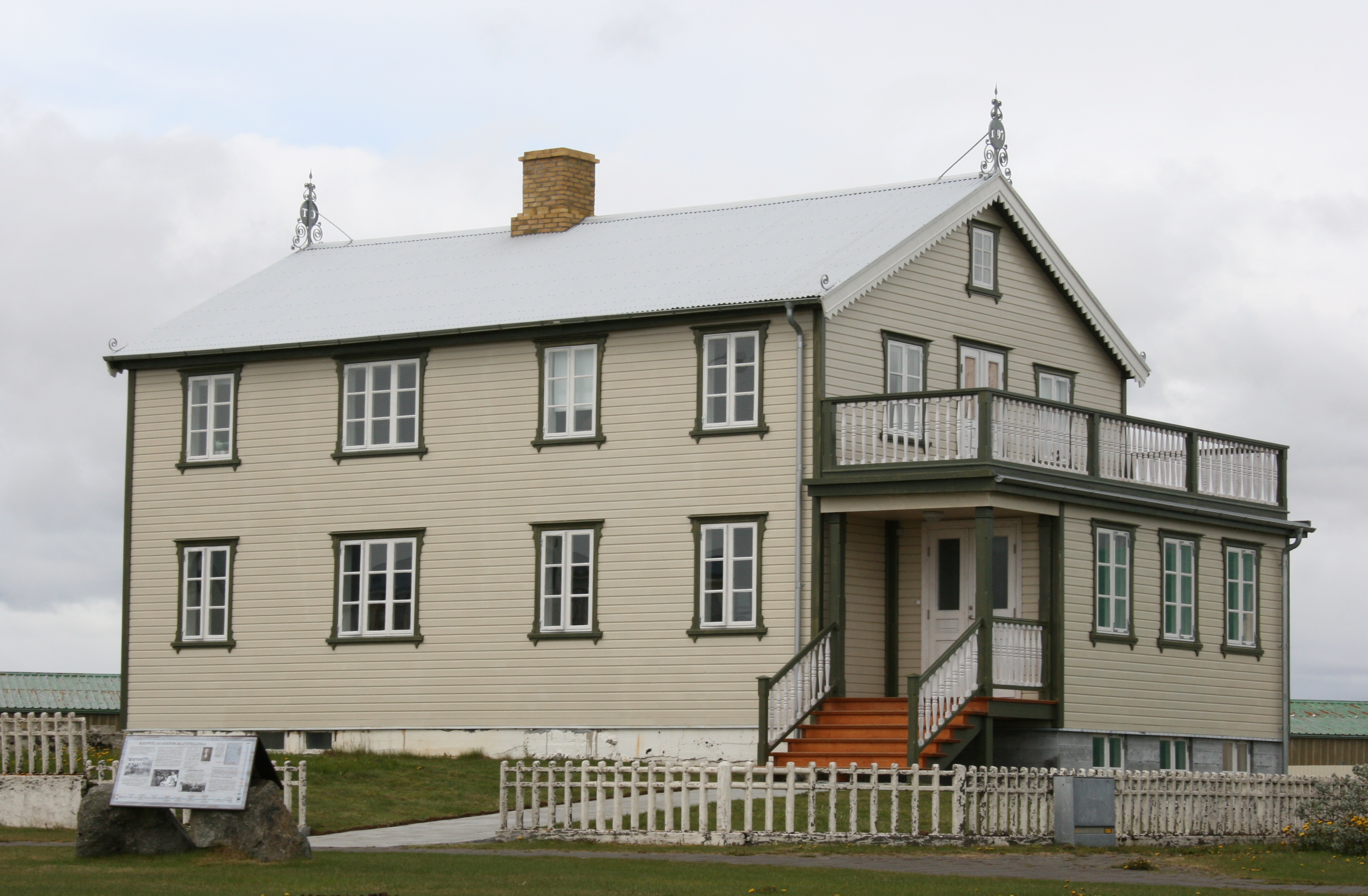Af baráttu gegn kynţáttafordómum!
16.9.2009 | 10:23
Ég ákvađ ađ setja hér inn fréttatilkynningu frá ECRI til ţess ađ vekja athygli ţeirra sem kynnu ađ vilja frćđast um ţađ sem menn eru ađ fást viđ annars stađar og snertir ekki kreppuna hér á landi. Óhćtt er ađ fullyrđa ađ efnahgasástandiđ í Evrópu hefur leitt til meiri stóryrđa í garđ innflytjenda, hćlisleitenda og annarra slíkra en áđur ţó ađ varlegt sé ađ fullyrđa kynţáttafordómar hafi aukist, eđa hitt birtingarform ţeirra ofbeldiđ. Evrópuráđiđ sem er útvörđur mannréttinda í Evrópu hefur ţađ markmiđ ađ ađildarríki ţess verđi laus viđ kynţáttafordóma. Ađ undanförnu hefur athyglin einkum snúiđ ađ ţeirri lúmsku birtingarmynd fordóma ađ fólk situr í raun ekki viđ sama borđ ţegar kemur ađ atvinnu, búsetu, menntun, heilbrigđisţjónustu og ţess háttar ţó ađ löggjöf sé á yfirborđinu hin besta.
Tilefni fréttatilkynningarinnar eru skýrslur um Tékkland, Grikkland og Sviss. Tékkar hafa bćtt löggjöf sína og sett inn harđari ákvćđi gegn kynţáttafordómum. Grikkir sömuleiđis og gert refsingu harđari ef mótív glćps er rasismi. Svisslendingar hafa reynt ađ taka á hćgri bullum í pólitískri umrćđu.
The European Commission against Racism and Intolerance (ECRI) released today three new reports examining racism, xenophobia, antisemitism and intolerance in the Czech Republic, Greece and Switzerland. The Chair of ECRI, Eva Smith Asmussen, said the reports note positive developments in all three of these Council of Europe member states, but also detail continuing grounds for concern.
In the Czech Republic, a new criminal code was adopted in 2008, containing more extensive provisions against racism. In recent years the Ombudsman has carried out detailed investigations into cases of possible discrimination against the Roma. Steps have been taken to adjust the education system so as better to meet the needs of socially disadvantaged children. At the same time, however, there has been a disturbing intensification in the activities of extreme right-wing groups. Most victims of racially motivated offences are reported to be Roma. Little progress has been made towards improving the situation of the Roma, who face segregation in schools and housing and discrimination in employment. The issue of forced sterilisations of Roma women has not been adequately addressed yet. REPORT
In Greece, the legislative framework on non-discrimination has been consolidated with the adoption of the 2005 Equal Treatment Act and the 2008 amendment of the Criminal Code making the racist motivation of an offence an aggravating circumstance. In an encouraging development, there have been successful prosecution in recent years against antisemitic and anti-Roma publications. However, on the whole, the legislation prohibiting incitement to racial hatred is still seldom applied and so far, few racial discrimination complaints have been filed due to insufficient legal assistance and information on available remedies. Roma continue to face problems in the fields of employment, housing and justice and the existing Integrated Action Plan should be better implemented. Issues relating to the freedom of association of persons belonging to some ethnic groups have not yet been solved. Significant improvements are called for in the treatment of refugees, asylum seekers and immigrants. REPORT
In Switzerland, measures have been taken to foster the integration of immigrants in areas such as employment, housing and health. The federal bodies in charge of racism and migration have continued to raise awareness on racism and racial discrimination. Steps have been taken to combat right-wing extremism. However, there has been a dangerous growth of racist political discourse against non-citizens, Muslims, Black people and other minorities. Legislation is insufficiently developed to deal with direct racial discrimination, which targets in particular Muslims and persons from the Balkans, Turkey and Africa. Travellers and Yenish communities with an itinerant life style are still faced with a shortage of stopping sites and prejudice leading to instances of discrimination. Legislation governing asylum seekers has been tightened and hostility towards them has increased. REPORT
The reports are part of ECRI´s 4th monitoring round, which focuses on the implementation of its previous recommendations and the evaluation of policies and new developments since its last report. In two years time ECRI will carry out a follow up assesment.
ECRI is an independent human rights body of the Council of Europe which monitors problems of racism and intolerance, prepares reports and issues recommendations to member states.
Flokkur: Stjórnmál og samfélag | Facebook











Athugasemdir
Nei ţeir hafa ekki bćtt löggjöfina, lög sem banna "haturáróđurs" eru heft á tjáningafrelsi, öll lög sem tengjast hatursglćpum ćttu ađ vera afnuminn og dćmdt sem venjulegir glćpir
Alexander Kristófer Gústafsson, 23.9.2009 kl. 23:37
Baráttan viđ kynţáttafordóma gengur út á ađ tortíma vestrćna menningu(međ fjölmenningu og innflytjendaflóđi frá 3 heims ríkjum)
Alexander Kristófer Gústafsson, 23.9.2009 kl. 23:42
Ecri virđist líka hafa eitthvađ á móti hvítu fólki eins og flestar anti-rasistar stofanir sem hafa áráttu ađ finna "rasista" og ofsćkja hvít fólk , Ecri samtökinn eru líka viđbjóđur sem ţar ađ tortíma
Alexander Kristófer Gústafsson, 23.9.2009 kl. 23:43
Svona athugasemdum myndi ég bara henda út, kćri Baldur. Ţetta er mengandi innlegg í ţarfa umrćđu. Mbk, G
Gunnlaugur B Ólafsson, 24.9.2009 kl. 00:20
Bćta viđ athugasemd [Innskráning]
Ekki er lengur hćgt ađ skrifa athugasemdir viđ fćrsluna, ţar sem tímamörk á athugasemdir eru liđin.